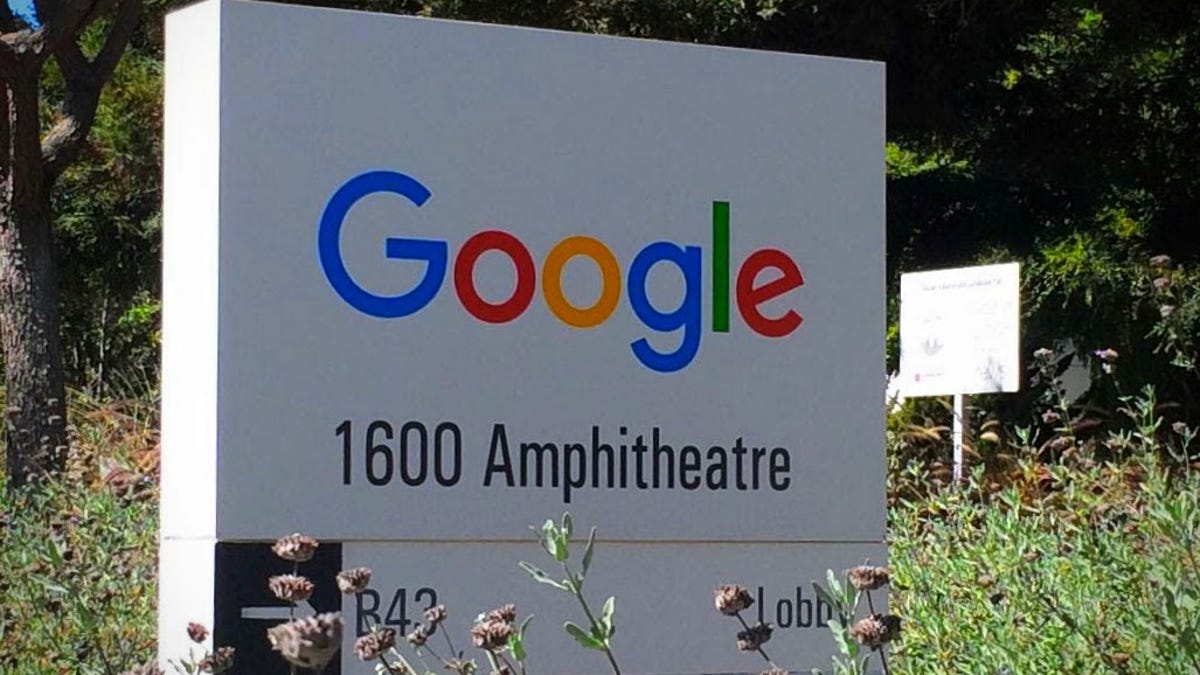Google, amid woes over fines and culture, still rakes in sales
Business was good in the second quarter.

Google announced second-quarter financial results on Monday.
Google has faced its share of problems lately, but there's one thing it doesn't have to worry about: The search giant is still bringing in gobs of money.
Over the past few weeks, Alphabet, Google's parent company, has suffered through a litany of troubles. Last week, the European Commission's executive arm slapped a record-breaking $5 billion fine on Google for what it says are anticompetitive practices surrounding the Android mobile operating system. That's on top of Google employees' pushing back against the company's role in developing artificial intelligence technology for use by the US military. The company also had to deal with blowback over third-party Gmail app makers' ability to read your inbox.
But when it comes to business, all is well.
In the second quarter of 2018, Alphabet tallied $32.65 billion in sales, beating analyst estimates of $32.19 billion. Earnings per share were $11.75, excluding the impact of the EU fine. Analysts on average had expected earnings of $9.66 per share, according to The Wall Street Journal and FactSet. That EU fine, though, did take a substantial bite out of Alphabet's earnings, lowering profit to $4.54 a share.
Still, the company's stock rose almost 5 percent in after-hours trading, helping it to inch Alphabet closer to Apple and Amazon, the world's most-valuable companies, in that order.
But Google is facing issues that could eventually impact its business.
The EU fine specifically hinges on the way Google bundles its own apps and services, like Search and Chrome, in its mobile operating system. Some agreements with phone makers stipulate that those apps come preinstalled on devices, helping to preserve Google's dominance in web search and other areas. Google last week said it would record the fine as a charge for now, even as the company appeals it. But while a $5 billion fine might sound eye-watering, it's chump change for a company that can take in that much in revenue in just two weeks.
Even so, the fine could have broader implications on Google's ad business. If Google is forced to change how it does business with phone makers over Android, that could potentially affect the company's reach in search.
"We are analyzing the [EU's] decision, and I think it's too early to comment or speculate," Google CEO Sundar Pichai said on a conference call with analysts.
"We are also looking forward to finding a solution that preserves the enormous benefit of Android to users," he added. "I'm confident we find a way to make sure Android is available at scale to users everywhere."
Google has other questions to answer as it pursues different revenue streams.
The company's cloud division, under executive Diane Greene, has gone after lucrative military contracts. But employees have challenged Google's decision to take part in Project Maven, a Defense Department initiative aimed at developing better AI for the US military. More than 4,000 employees reportedly signed a petition addressed to Pichai demanding the company cancel the project. Last month, Google said it wouldn't renew the Maven contract or pursue similar contracts.
A week later, Pichai released ethical guidelines regarding the company's development of AI. He said Google would not create technology that would be used for weapons, but said Google would still pursue work with the military.
Despite the controversies, Google announced some new customers for its cloud division -- a win for the growing organization, which now brings in more than $1 billion a quarter. The new customers include Domino's Pizza, SoundCloud and PricewaterhouseCoopers. Target is also moving "key areas" of its business to Google's cloud.
Alphabet also said it lost more money on "Other Bets" -- those businesses outside of Google's main internet businesses, like the Waymo self-driving car company or the life sciences firm Verily. The company reported operating losses widened to $732 million in in the second quarter of 2018, compared to $633 million the year before.
First published July 23, 1:17 p.m. PT.
Update, 3:28 p.m. PT: Adds detail from Alphabet's conference call.
The Smartest Stuff: Innovators are thinking up new ways to make you, and the things around you, smarter.
Special Reports: CNET's in-depth features in one place.

